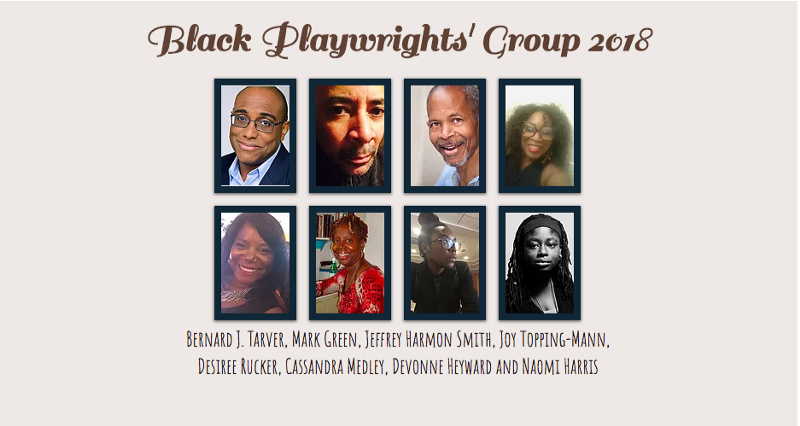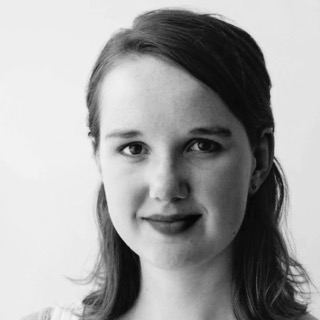Meet the Project: Liberation Theatre Company
Tips and Tools | Playwrights | Social Justice | Theater | Artists and Members
From time to time, we feature one of our fiscally sponsored projects who have been successful at using our program to advance their art/cause/career. Today, we’re featuring Liberation Theatre Company.

First off, tell us a bit about Liberation Theatre Company. Who are you? What is your mission? Who would you consider to be your primary audience?
Liberation Theatre Company (LTC) is an Obie Award winning theatre development organization, headed by League of Professional Theatre Women’s 2015 Josephine Abady Award recipient Sandra A. Daley-Sharif; Associate Producers include Spencer Scott Barros, and Bernard J. Tarver. LTC was formed in 2009 to be a home for creative emerging Black playwrights, providing resources to develop their work, nurturing and inviting them to express themselves in a supportive and focused environment.
How did Liberation Theatre Company come into being?
Spencer Scott Barros and I met 25 years ago doing educational theatre. We quickly built a friendship. I had an idea to produce regular salons, giving artists opportunities to converse on social issues, and share their work and ideas. The first person I thought of was Spencer. We are like-minded; he is a hard worker, dependable and a person of his word. It grew like wildfire from my living room to a regular meeting space at NYU. We were then offered an opportunity to collaborate with Playwrights’ Horizon to present an annual festival of new works at The Beckett Theatre. Liberation Theatre Company is really an extension of these two projects. Again, I called Spencer in 2009 and said, “Let’s start a theatre company!” Really, I wanted a home for artists to learn, to grow, and to be affirmed. Naturally, I called Spencer. We both agreed that Black voices were sorely lacking on the American stage, that Black voices were not being nurtured and developed, and that there was a need for a diversity amongst Black voices — singular stories needed to be encouraged and heralded. That was in 2009 — six years later, we invited Bernard to join us.
What made you decide to become an organization as opposed to just producing independent projects?
I decided to become an organization because I knew from experience that I could accomplish more with a team, rather than alone. I was willing to wait to find the “right” people and slowly build. We have learned to stay focused on the mission at hand, honor the budget, make the best of our small resources, and collaborate on bigger projects.
You’ve gotten funding from NYSCA two years in a row — what have you learned about your organization through both of those application processes?
The biggest lessons I have learned are:
1). The importance of documenting and “capturing” our work and efforts, even when I think they are small.
2). To share our mission and events with others, by mailings, social media, videos, press releases, testimonials, etc. You will need to show evidence of the tremendous work you are doing.
3). Keep a budget. Know what it costs you to produce your project. It is a great way to see how you’ve grown and how you can get better. (Make sure you pay yourself!)
4). Collaborate. Funders have great admiration for organizations that maximize resources and feeling that that their grant will benefit not just one, but two or three organizations.
5). Keep detailed records. You will get better at grant writing and each year becomes easier. AND Fractured Atlas is a great support in writing grants. I am comforted to know that Fractured Atlas reviews and helps [with] the process.
How do you select the playwrights for your Writing Residency Program, and what impact do you feel this program has on the theater community in New York?
We make a call for submissions through various venues and friends. It’s a new program so the selection is done by myself, Bernard, and Spencer. Our goals for this program are:
1). To be the “go to” place that large theatre organizations go to looking for emerging Black playwrights.
2). We want to “forward” the space for NEW Black stories.
3). Every playwright should leave us feeling nurtured, celebrated, challenged and knowing that they are a part of a HUGE family.

What is Liberation Theatre Company’s approach to fighting the white supremacy and systematic oppression ingrained within the New York theater community?
Our approach is to keep creating. Keep producing. To make our voices heard. To learn. To challenge. To take our attention off of “them” and do “us”. You have to always be ready to work hard and sacrifice. I don’t expect anybody to give me/LTC anything easily. My job is to “fire” the hope and to keep the flame of artistry alive.
How has it been working with Fractured Atlas? Are there particular ways in which your membership has been beneficial?
I LOVE Fractured Atlas. They make me feel like LTC is the only organization they are working with. Fractured Atlas is professional and friendly. They read your work. They offer advice. The services they provide, whether it’s insurance, grants, and annual reports… is such a burden off our shoulders, especially for a small organization like LTC.
If you could offer one piece of advice to young artists trying to create radical, social-justice oriented art, what would it be?
Get a mentor. Find someone who is doing what you want to do or something similar. Collaborate with them. Assist them. Ask them questions. Ask them to help you. Learn from them.
Is there anything else that you want people who are being introduced to you to know?
Believe that what you are doing is important, no matter how small. Wake up everyday and do one thing that speaks to it — advances it. Reward yourself — pay yourself, even in a small way, for this amazing endeavor you’ve taken on.
You can follow Liberation Theatre Company’s work on Twitter, Vimeo, Facebook, and, of course, their website.
About Elizabeth Fetterolf
Elizabeth Fetterolf is a San Francisco Bay Area native with a B.A. from Vassar College in English Literature and Psychology. Prior to joining the Fractured Atlas team, she interned at W.W. Norton & Company, Inc., taught improv workshops at Young in Prison South Africa, and worked in Vassar College’s Office of Sexual Assault and Violence Prevention. In her free time, she enjoys watching free outdoor theater, singing along to Steven Universe, and listening to podcasts on the subway.

